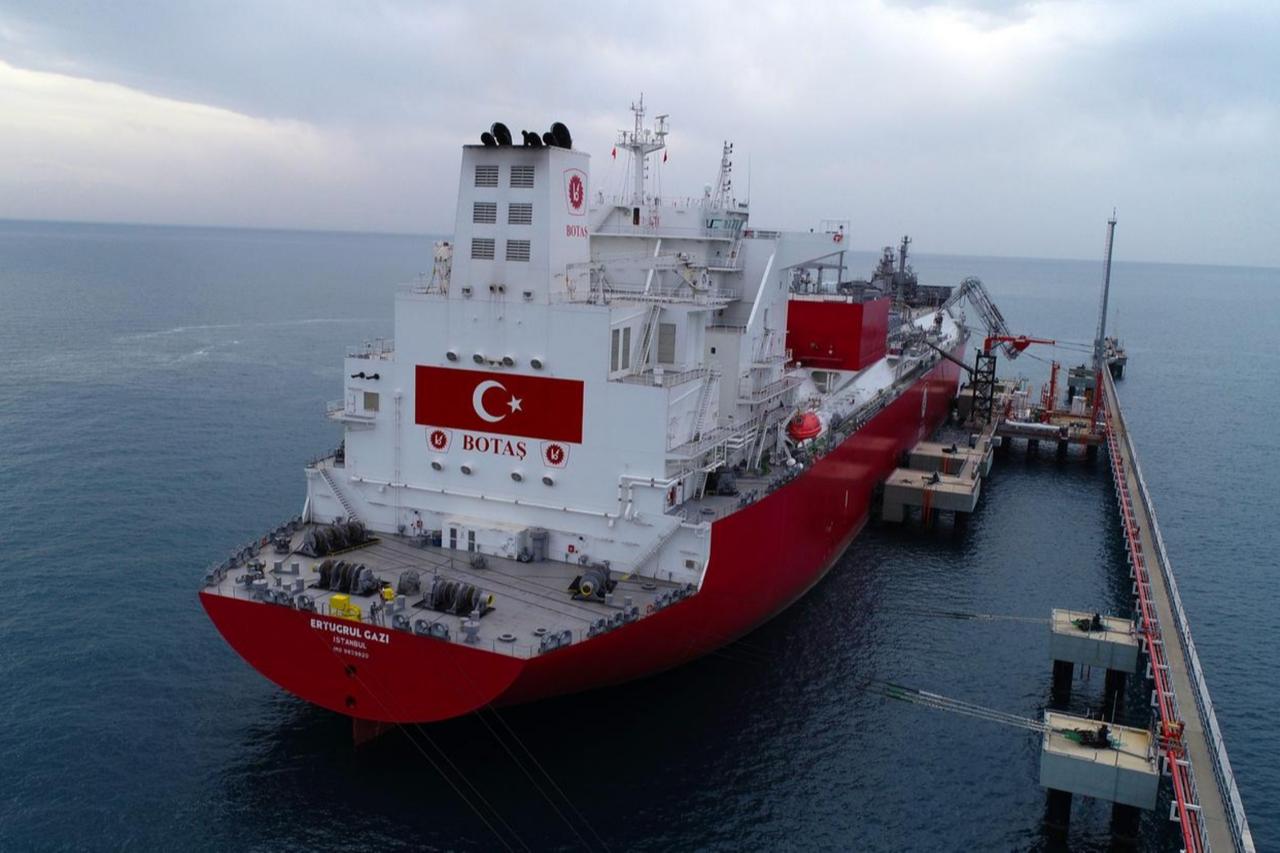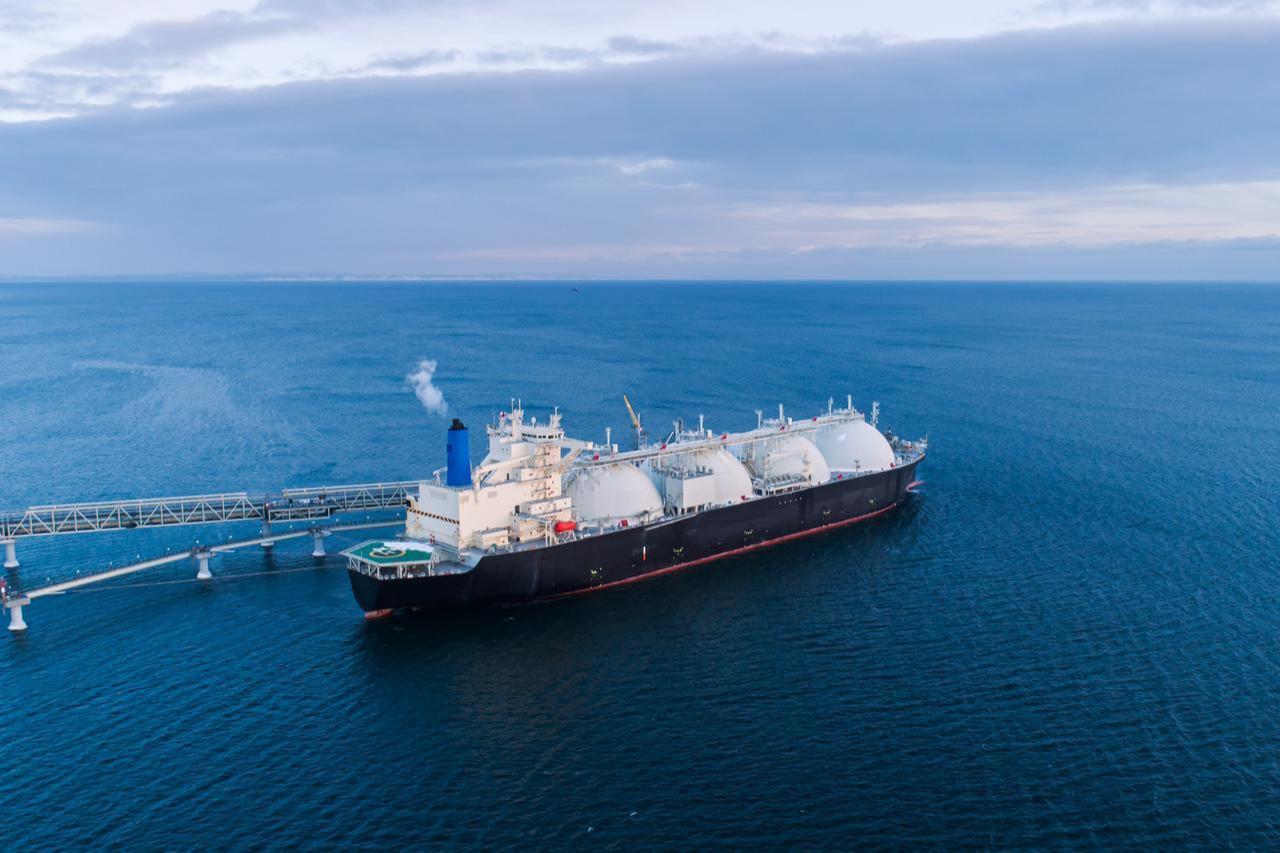
Türkiye's Energy and Natural Resources Minister Alparslan Bayraktar confirmed that recent liquified natural gas (LNG) supply deals signed with the U.S. are worth $43 billion, with shipments scheduled from 2027 to 2045, aimed at diversifying the country’s natural gas sources with cost-efficient options.
Speaking at a local meeting in the northern city of Samsun on Saturday, Bayraktar stressed that Türkiye still faces a heavy energy import burden, underlining the importance of a well-established portfolio to secure supply and ease this pressure.
"We need energy, and we must obtain it from somewhere. Where do we get it? From a reliable source. And most importantly, from wherever it is cheapest," Bayraktar said.
"Wherever energy exists, we must find it and bring it home."
During President Recep Tayyip Erdogan's U.S. visit, Türkiye's state-run natural gas and oil pipeline company BOTAS signed two LNG import agreements with Swiss energy trader Mercuria and Australian firm Woodside Energy, covering natural gas sourced in the U.S.
The deal with Mercuria involves a total supply of nearly 70 billion cubic meters, with 4 billion cubic meters delivered annually through the end of 2045, while the agreement with Woodside Energy covers 5.8 billion cubic meters starting in 2030 and lasting nine years.
Bayraktar noted that pipeline gas continues to arrive from Russia, Iran, and Azerbaijan, with additional supplies now secured from Turkmenistan.
The U.S. LNG deal will diversify this mix further, alongside Türkiye’s own production, he added.
He underlined that while domestic discoveries have reduced the need for imports, Türkiye will continue to balance local production with foreign supply to meet rising demand.

The minister emphasized that Türkiye has built one of the largest state-owned drilling fleets in the world.
"With Fatih, Yavuz, Kanuni, Abdulhamit Han, and soon two more ships, Türkiye has become the fourth-largest fleet operator globally. Today, we are exploring in the Black Sea, the Mediterranean, Somalia, and perhaps soon Libya—all with our own vessels," Bayraktar said.
He pointed out that Türkiye’s strategy of purchasing its own vessels rather than relying on leased ones had been decisive.
"If we had followed the approach of using rented ships for a single attempt, we would not have drilled even one meter in the Mediterranean."
Domestic gas output is advancing, with the Sakarya field in the Black Sea already supplying four million households.
Bayraktar said this number would double next year and reach 16 million by 2028.
The government also plans to expand offshore exploration to new areas between Samsun and Ordu on the Black Sea coast by 2026, while continuing seismic work in Somalia with possible drilling operations starting next year.
Bayraktar cited onshore progress as well, particularly in the Gabar region in southeastern Türkiye.
"Once terrorism was cleared, we began exploration, and in 2021, we made the largest oil discovery in our Republic’s history. Its annual contribution to our economy is no less than $2 billion," he said.